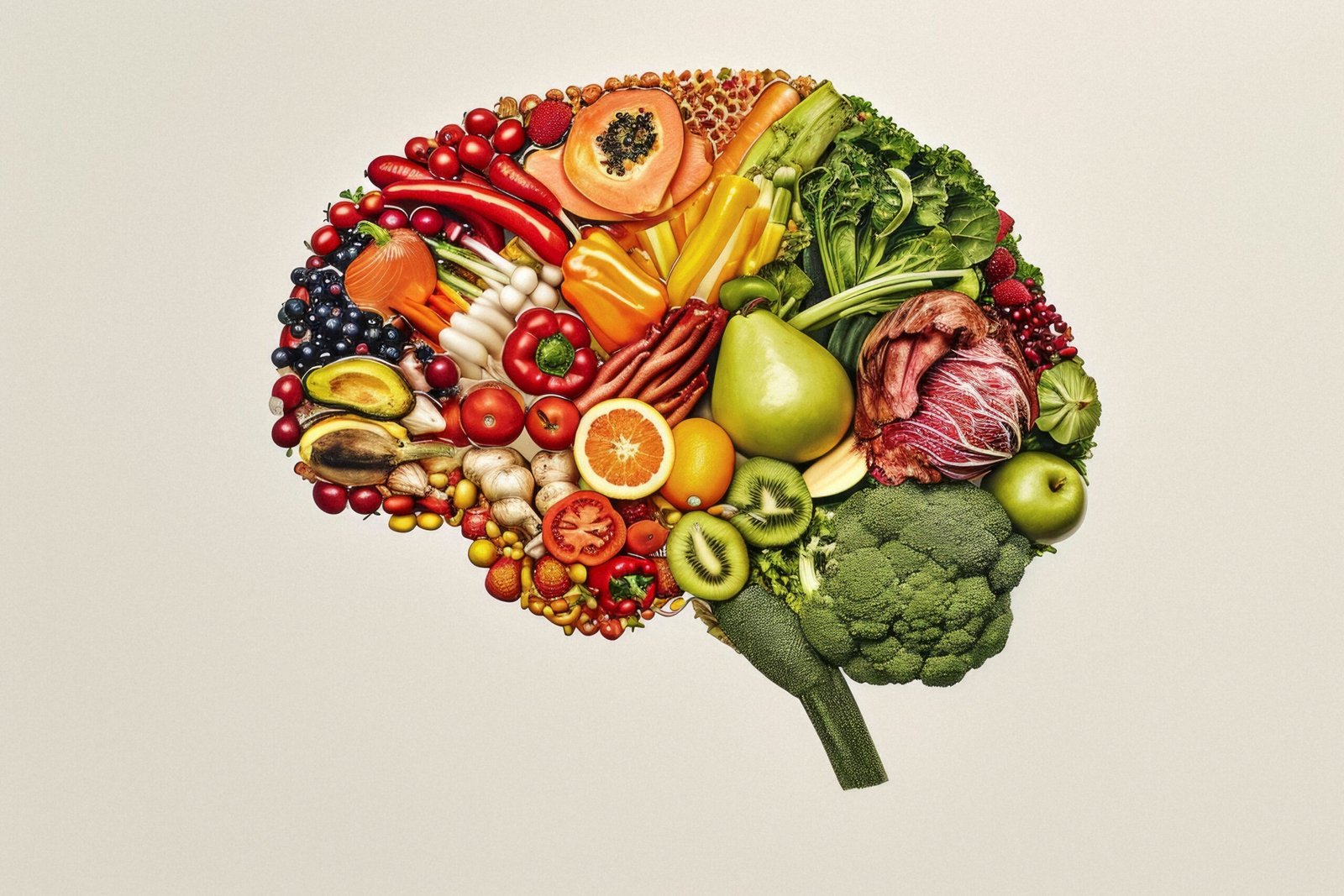Eating for Brain Health: The Best Foods
As you get older, keeping your brain healthy becomes top of mind (pun intended). One out of every nine Americans over the age of 65 has Alzheimer’s dementia, and another 17 percent have a mild cognitive impairment, according to the Alzheimer’s Association. Though ageing may contribute to the development of dementia, lifestyle factors can reduce or increase your level of risk. Eating a healthy diet and getting regular exercise support brain health.
The brain is a very important organ. It’s the control centre of your body and allows you to move, think, feel, breathe and more. Because the brain has such a big job, it’s imperative to provide it with an abundance of fuel and nutrients to help it function properly and stay healthy.
What we eat plays a huge role in the structure and health of the brain. A 2019 study published in Public Health Nutrition showed that foods rich in vitamins, minerals, antioxidants, flavanols, polyphenols, and omega-3 fatty acids can help protect the brain. They can help improve memory, concentration, and overall brain health.
The MIND diet focuses specifically on foods that can help your brain and reduce your risk of Alzheimer’s and other types of dementia. Here are some of the key foods associated with better brain function and lower risk of Alzheimer’s disease. All are rich in compounds that have been shown to protect and nourish the brain.
Whole Grains
Whole grains are a cornerstone of a healthy eating pattern. They can help reduce your risk of heart disease, manage diabetes, promote weight loss, and protect your brain, too. Plus, whole grains come in many shapes and forms, making them a super versatile option.
Brown rice, oats, and other whole grains have magnesium, which helps brain cells use energy. Consuming whole grains regularly has been linked to a lower risk of cognitive decline and improved brain function.
Leafy Greens
It might not be too surprising that nutrient-dense leafy greens including kale, spinach, collards, and chard are packed with health benefits. When it comes to brain health, they are a must-have. Greens contain antioxidants including beta carotene and folate, and they are also rich in vitamin K. Observational studies suggest that higher levels of vitamin K in the blood are associated with better cognitive function.
Increasing your intake of leafy greens doesn’t have to be hard. You can try adding a handful of greens when preparing a smoothie or adding a serving of greens to your favourite casserole recipe.
Berries
Not only are berries delicious, but they are also rich in compounds that protect the brain, including antioxidants. Eating them regularly can reduce inflammation and strengthen connections between neurons (brain cells) to make it easier for them to communicate with each other.
While all berries are beneficial for brain health, blueberries are at the top of the list. They contribute essential nutrients to the body, including vitamin C, vitamin K, manganese, and phytonutrients. These nutrients help to stimulate the flow of blood and oxygen in the brain, resulting in improved concentration.
A 2019 study published in Public Health Nutrition suggests that eating a diet containing a variety of vegetables and fruits, such as blueberries, is associated with a lower risk of age-related cognitive impairment, dementia, and Alzheimer’s disease. There are many ways to enjoy this tasty fruit (or your favorite berry)—try adding a handful to your smoothie recipe or pureeing some berries to make a delicious blueberry chia jam.
Nuts
Nuts like almonds are perfect as a fibre-rich, filling snack that helps keep hunger at bay. They also boast some impressive health benefits. Almonds, for example, are high in vitamin E, an antioxidant that deactivates the damaging free radicals that surround brain cells.
When compared with other nuts, walnuts offer twice as much alpha-linolenic acid (ALA), a potent antioxidant. This nutrient is a plant-based omega-3 essential fatty acid that helps counteract cognitive decline by suppressing inflammation and oxidative stress. These two factors have been linked to Alzheimer’s disease and dementia.
A 2020 study published in Nutrients suggests that eating 1 to 2 ounces of walnuts per day can improve cognitive function. Try adding a serving of walnuts to a hearty salad or pairing them with a variety of roasted vegetables.
Fish
Fish is an excellent source of protein that the body uses to make neurotransmitters, which are compounds that allow brain cells to communicate with each other. Salmon is commonly known as a great source of protein, but did you know that it is also great for brain health? Fatty fish like salmon, sardines, and tuna are high in omega-3 fatty acids, which are critical for brain development and function. In addition to improving brain health, these fatty acids have been associated with lowering the risk of heart disease and arthritis.
Fish, of course, can be prepared in a variety of ways. It can be seared and paired with a hearty serving of vegetables or added to your favorite pasta dish.
Conclusion
Incorporating these brain-boosting foods into your diet can help protect your cognitive health as you age. Remember, the MIND diet emphasizes the importance of whole grains, leafy greens, berries, nuts, and fish for their proven benefits in reducing the risk of Alzheimer’s and other dementias.





